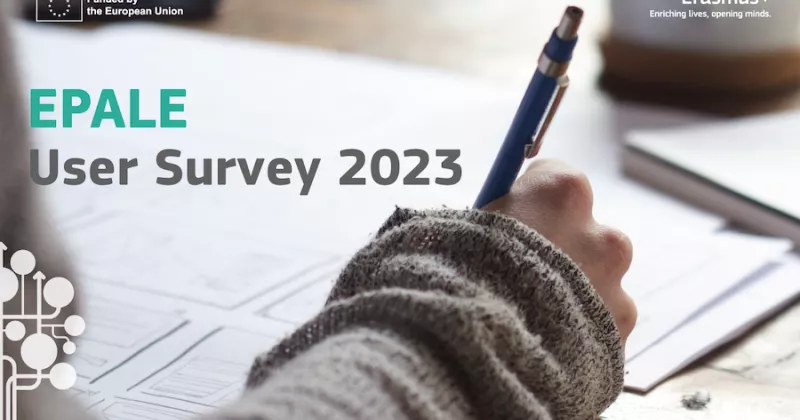New national policy for media literacy published in Finland

The main objective of the Media Literacy in Finland policy is to provide comprehensive, high-quality and systematic media education. The vision underpinning the policy is to provide effective media education so that everyone in Finland can have better opportunities to develop their media literacy. The policy present a number of proposals for measures supporting the achievement of the objectives.
The Media Literacy in Finland policy aim to present a clear picture of the media education field and describe the strengths, values and principles of the Finnish media education. The policy identify development needs and some social, cultural and technological trends affecting them.
The aim is to improve the opportunities for everyone in Finland to develop their media literacy. A high level of media literacy promotes a meaningful, good life and is a civic skill that belongs to us all. High-quality, systematic and comprehensive media education promotes and supports media literacy. When put in practice, media education should be goal-oriented, ethical and sustainable. Many different parties work together to design, implement and further develop diverse media education. High-quality media education aims to promote human rights, equality and non-discrimination, and to create favourable conditions for sustainable development.
The policy support the development of media education and the planning of activities. The target group is broad, incorporating those who promote, support, research or implement media literacy and education in all sectors of society.
The policy were drawn up as part of an intersectoral media policy programme by the National Audiovisual Institute in cooperation with the Ministry of Education and Culture and media education organisations. The policy drew on responses to an online survey on the current state and future of media education, outcomes of the media education planning workshops held in seven different cities, and interviews with leading academics.
First published in Ministry of Education and Culture Press release 16.12.2019



